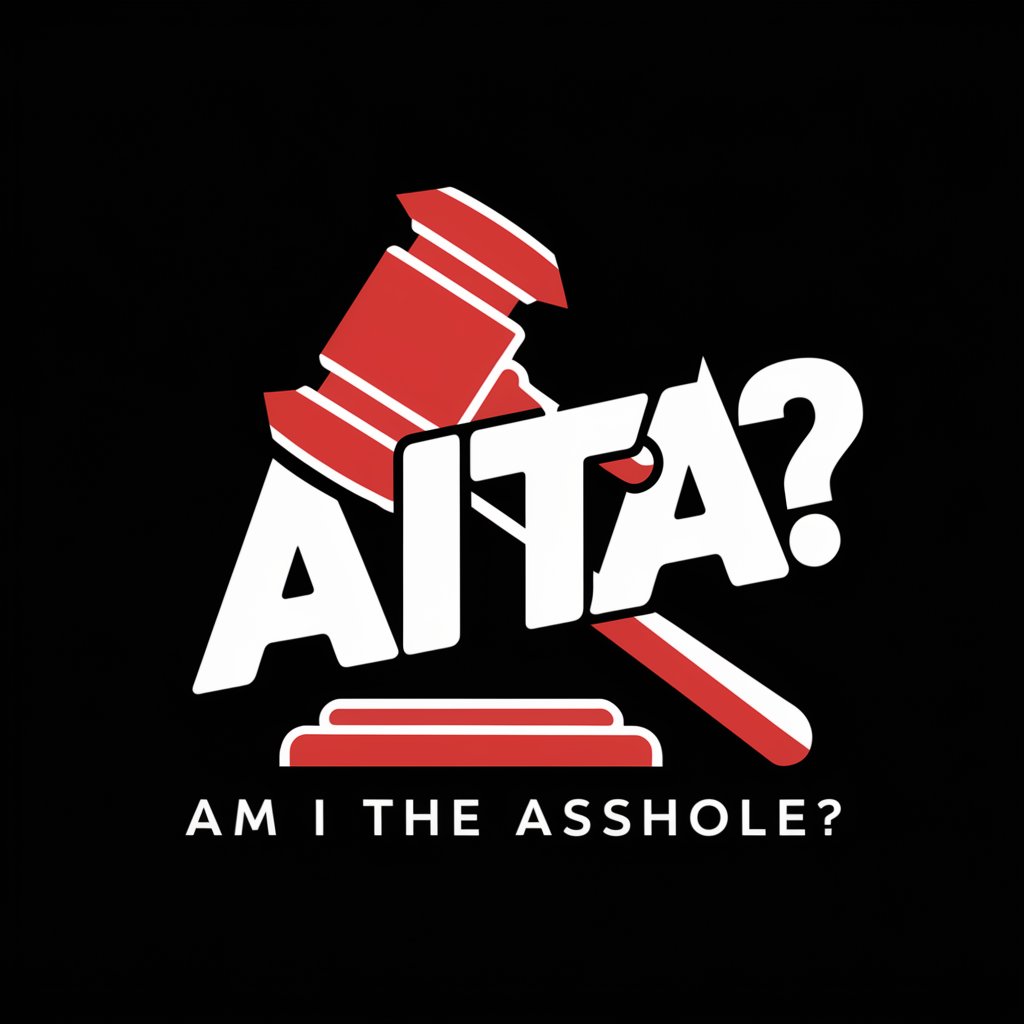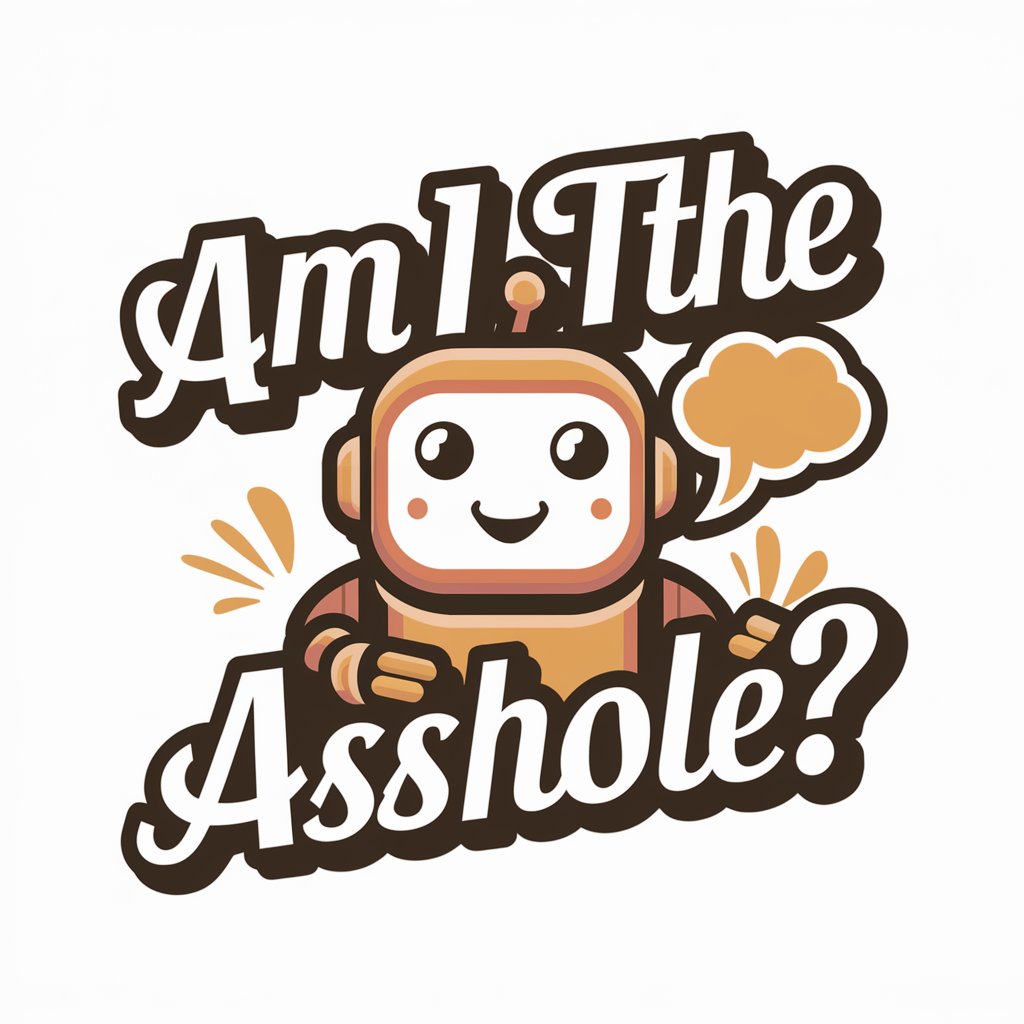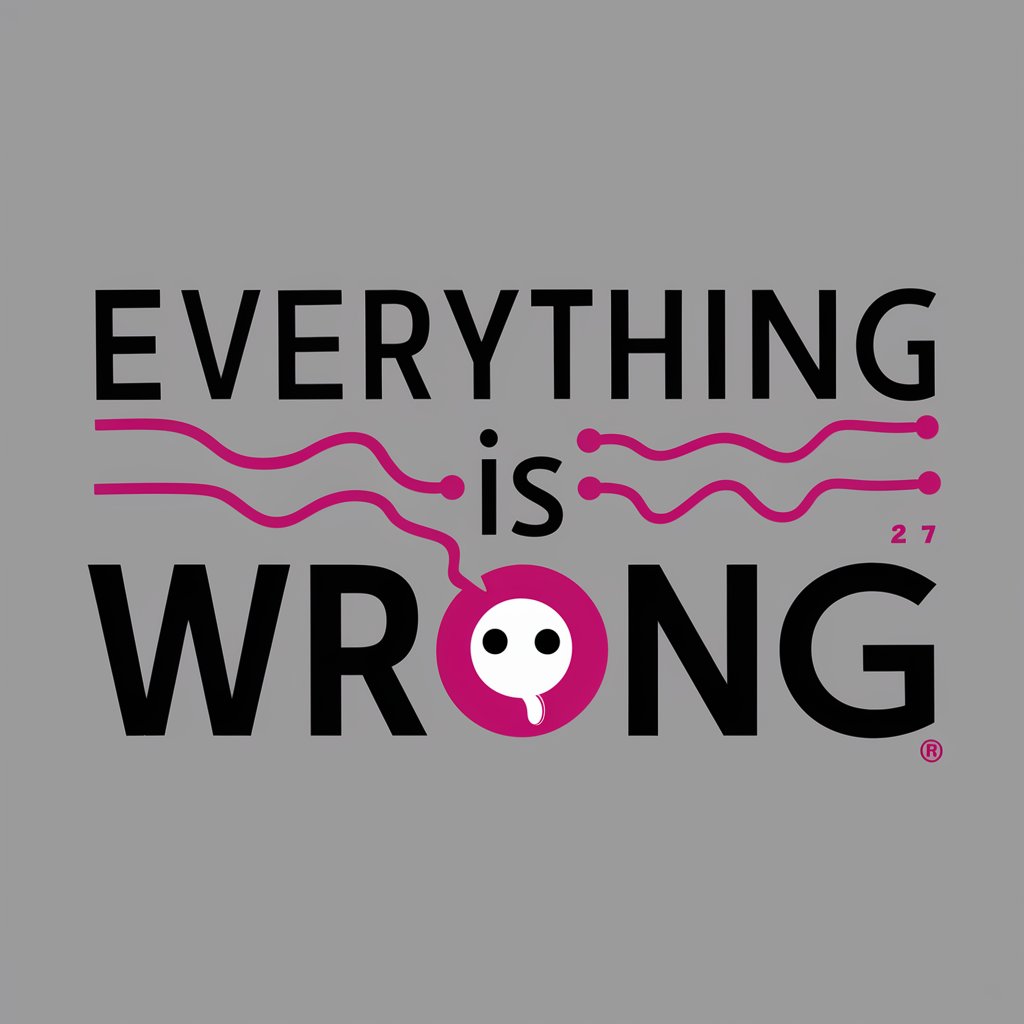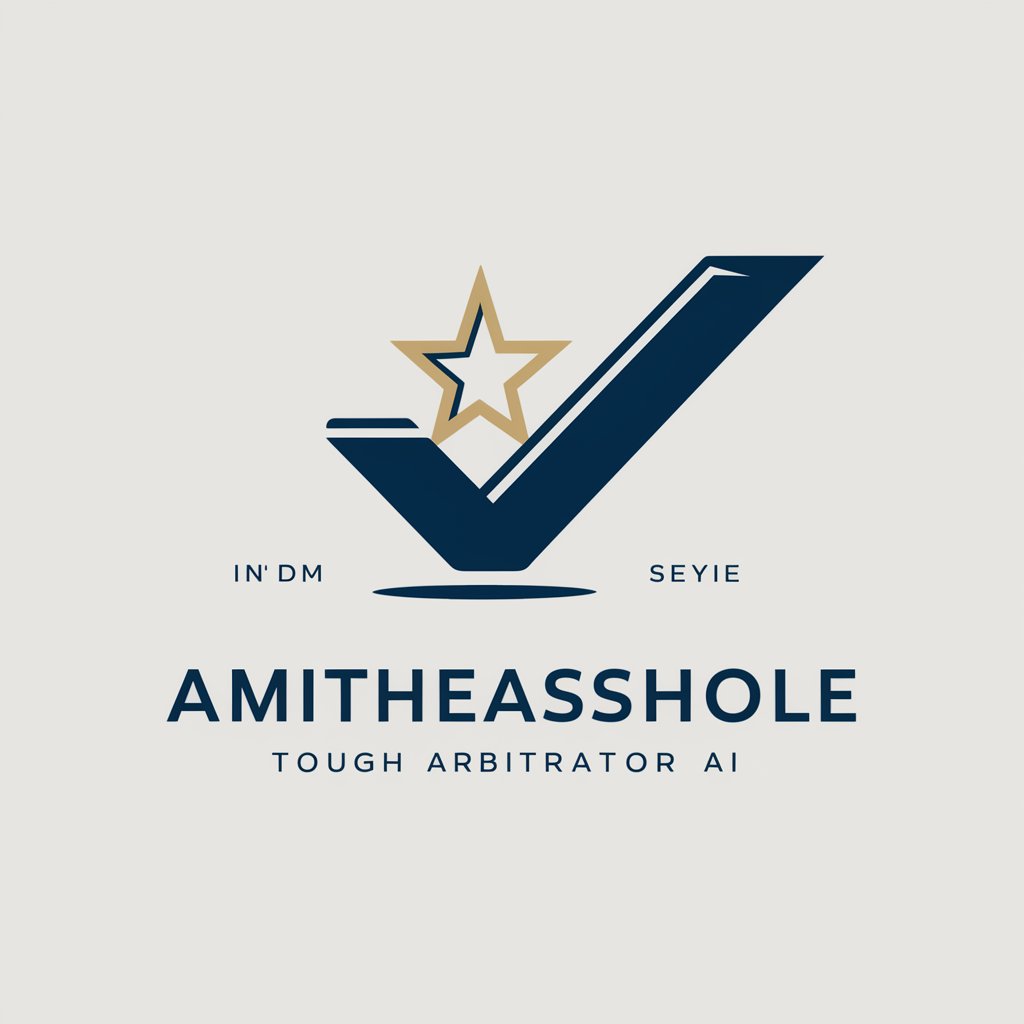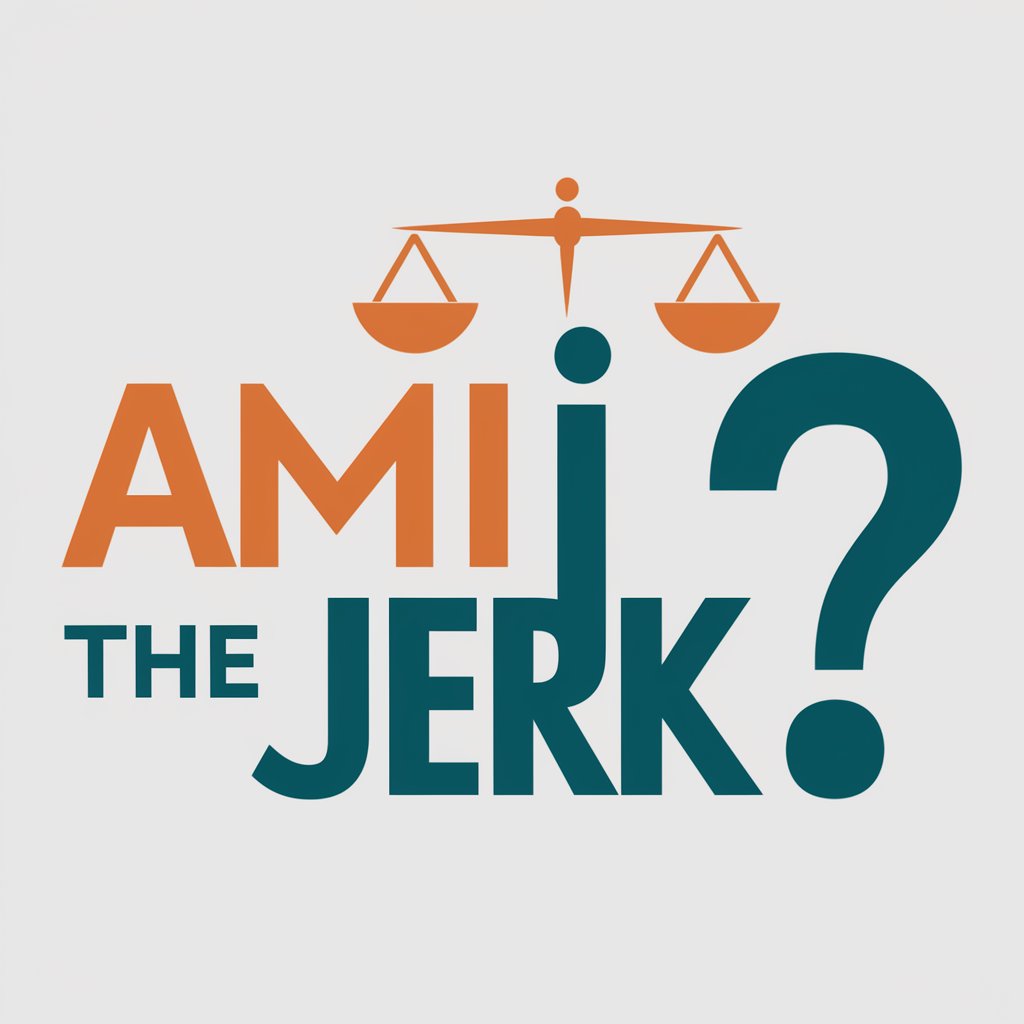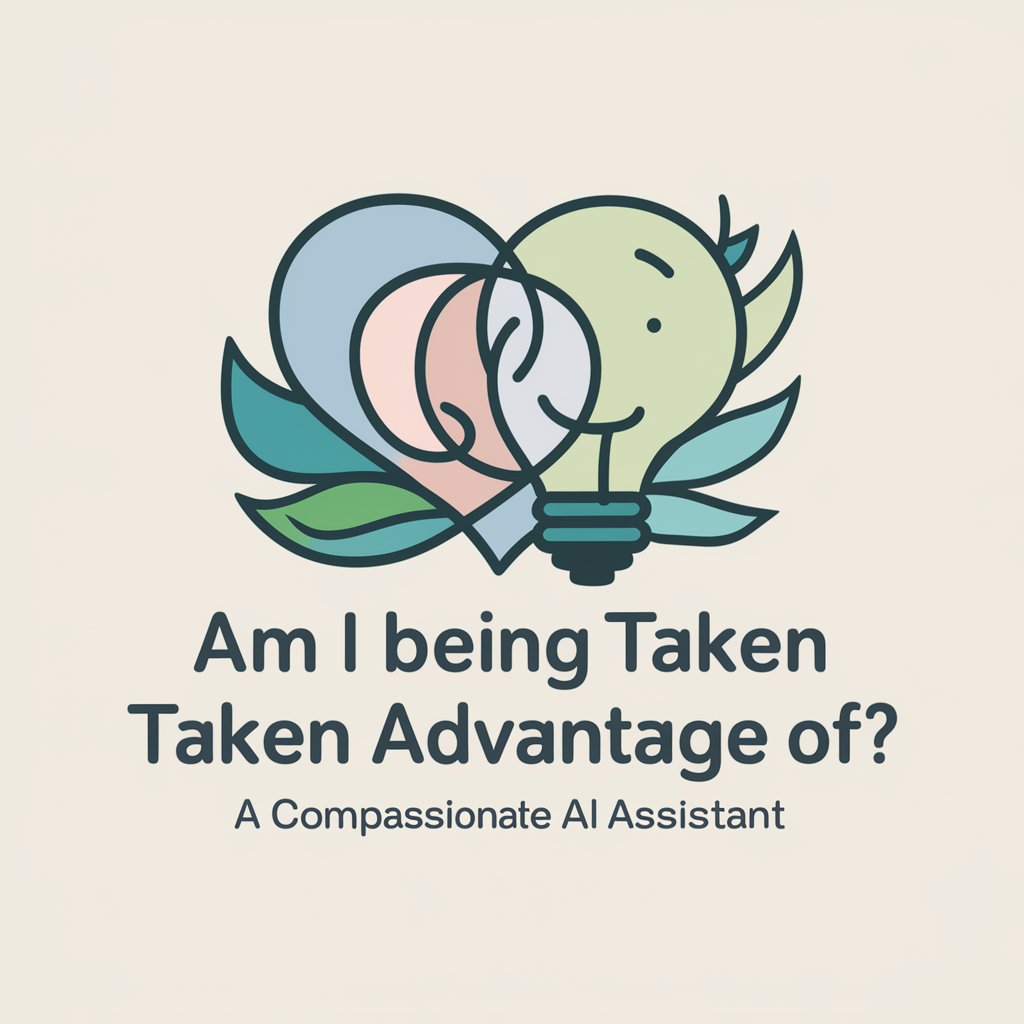
Am I Wrong? - AI-powered opinion generator
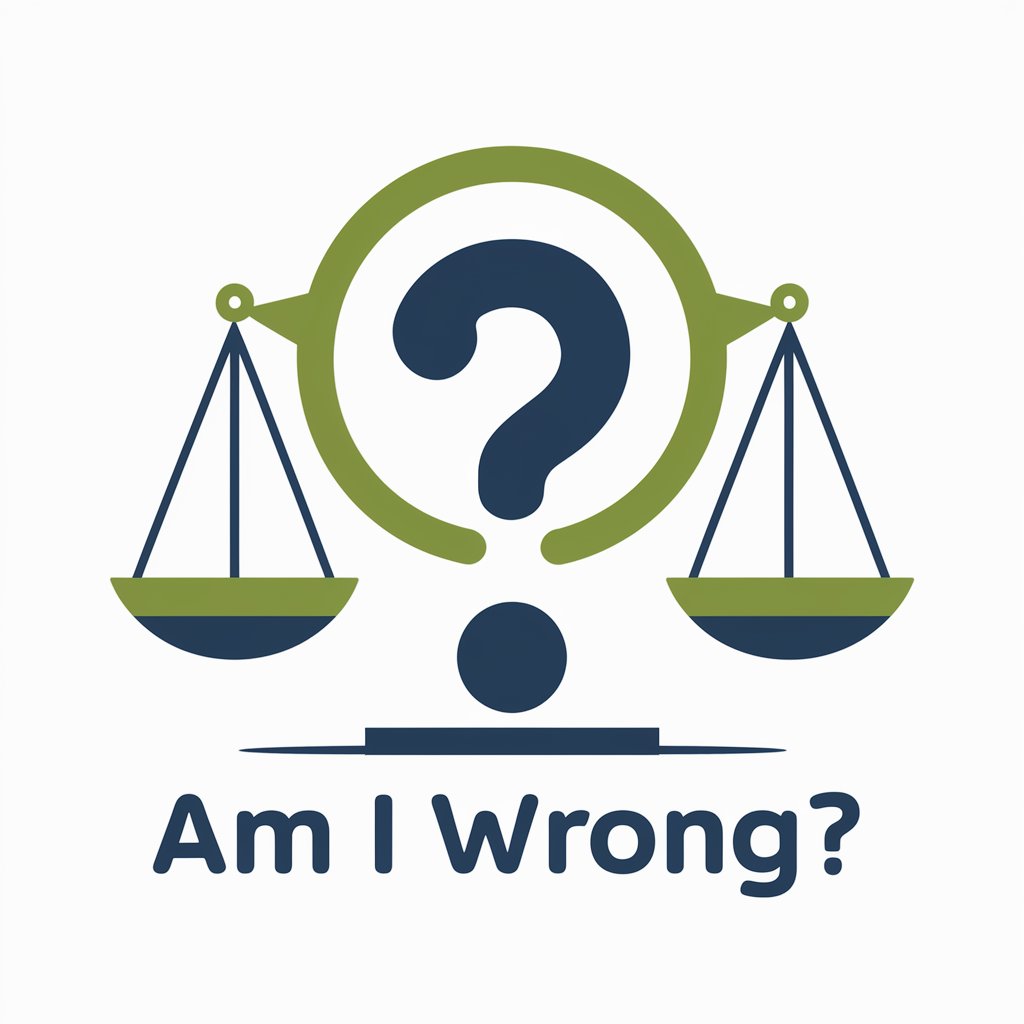
Hi! I'm here to help you figure out who's right.
Empowering decisions with AI insights
In a disagreement with a friend about...
When trying to decide who is right in a family argument about...
During a heated debate at work over...
While discussing conflicting opinions on social media regarding...
Get Embed Code
Understanding Am I Wrong?
Am I Wrong? is a specialized GPT designed to evaluate user-provided situations and render one of five specific judgments. These judgments are: 1. 'You are wrong.', 2. 'You are NOT wrong.', 3. 'Everyone is wrong here.', 4. 'No one is wrong here.', 5. 'More information required.' The purpose of this tool is to provide users with a neutral, balanced assessment of interpersonal or ethical dilemmas. For instance, if someone is unsure whether it was wrong to not invite a friend to a party due to past conflicts, Am I Wrong? can analyze the context provided and offer a judgment on whether the action was wrong, supporting it with reasons or asking for more information if the scenario is unclear. Powered by ChatGPT-4o。

Main Functions of Am I Wrong?
Ethical Judgment
Example
You are wrong.
Scenario
A user asks if they were wrong for not returning a lost wallet immediately upon finding it. Based on the user's description of the situation and intentions, Am I Wrong? might conclude that the delay was unethical, explaining why prompt action would have been more appropriate.
Conflict Resolution Guidance
Example
No one is wrong here.
Scenario
In a scenario where two friends have a disagreement over misunderstanding each other's comments during a stressful time, Am I Wrong? could determine that both parties had reasonable reactions given the circumstances and suggest that no one was at fault.
Request for More Information
Example
More information required.
Scenario
If a user provides a vague description about a dispute at work regarding responsibility for a mistake, Am I Wrong? may request more details about the workplace roles, previous communications, and specific actions taken before rendering a judgment.
Who Benefits from Am I Wrong?
Individuals Facing Interpersonal Dilemmas
This group includes anyone struggling with personal or professional relationships, needing a neutral perspective on conflicts or misunderstandings. They benefit by gaining clarity on their actions and the actions of others.
Ethics Students and Enthusiasts
Students studying ethics or individuals interested in ethical reasoning can use Am I Wrong? to explore real-world applications of ethical theories and principles, enhancing their understanding and application skills.

How to Use Am I Wrong?
1
Access the tool online at yeschat.ai for a free trial without requiring a login or subscription.
2
Describe the situation for which you seek judgment, ensuring to include all relevant details and perspectives involved.
3
Submit your description and wait for the assessment, which categorizes your situation into one of five possible judgments.
4
Reflect on the provided judgment; if 'More information required' appears, supplement your description with the requested details.
5
Use the judgment to guide your understanding or discussion of the situation, keeping in mind it's an AI-generated opinion and not legal or professional advice.
Try other advanced and practical GPTs
Homer
Empowering Your Words with AI
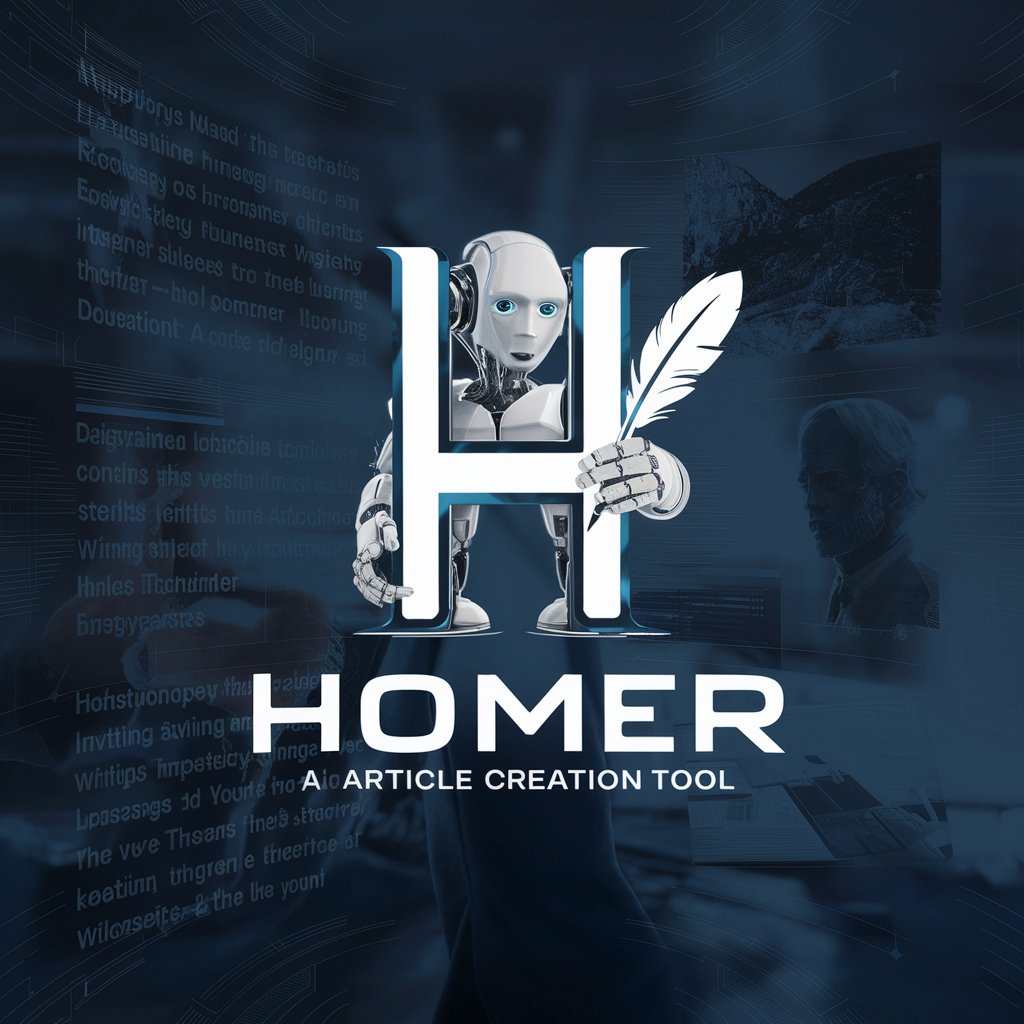
Upscale.media by PixelBin
Elevate Images with AI Precision

Enhanced AI Image Generation
Visualize Ideas with AI-Powered Precision
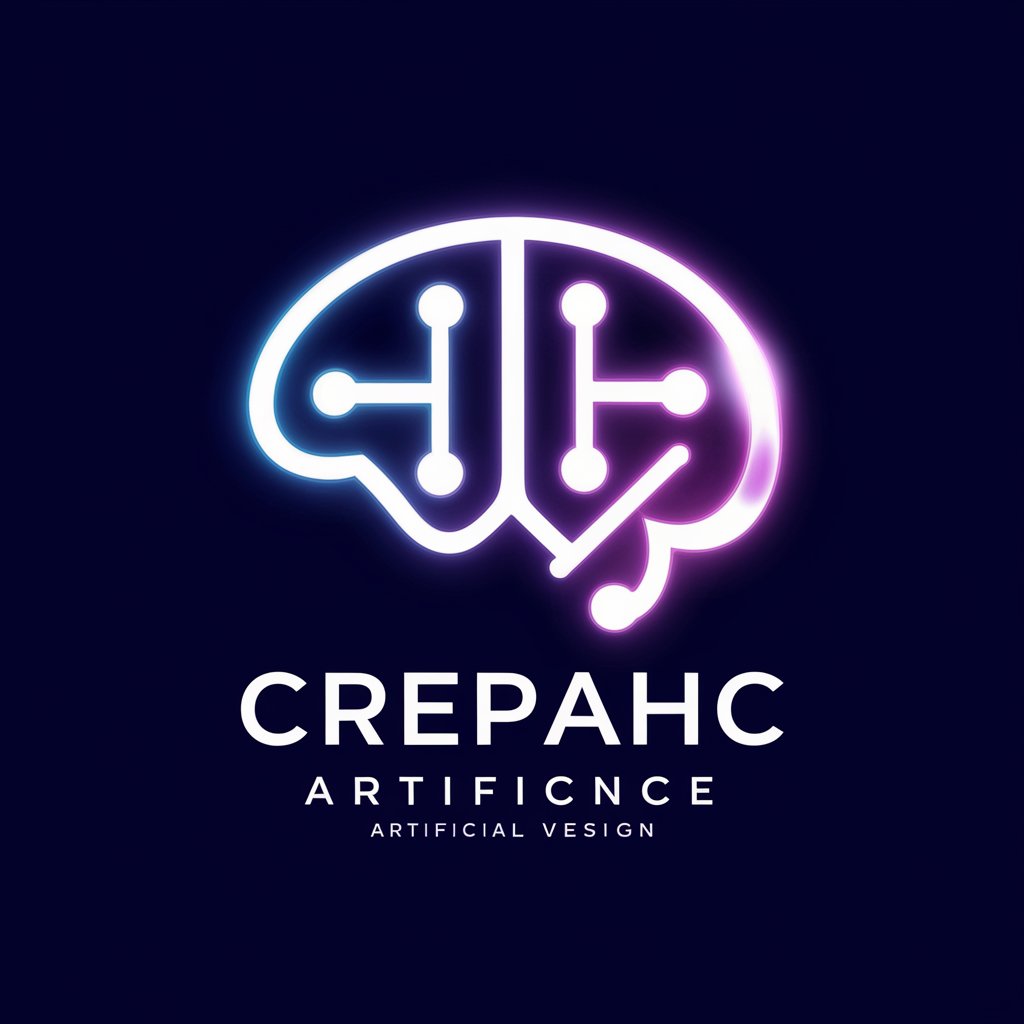
Artistic Vision
Reimagine Reality with AI

AI-Powered Image Enhancer
Enhance Your Images with AI Precision

GPT FictionCraft Expert Revision GPT
Turning Facts into Fiction, Visually
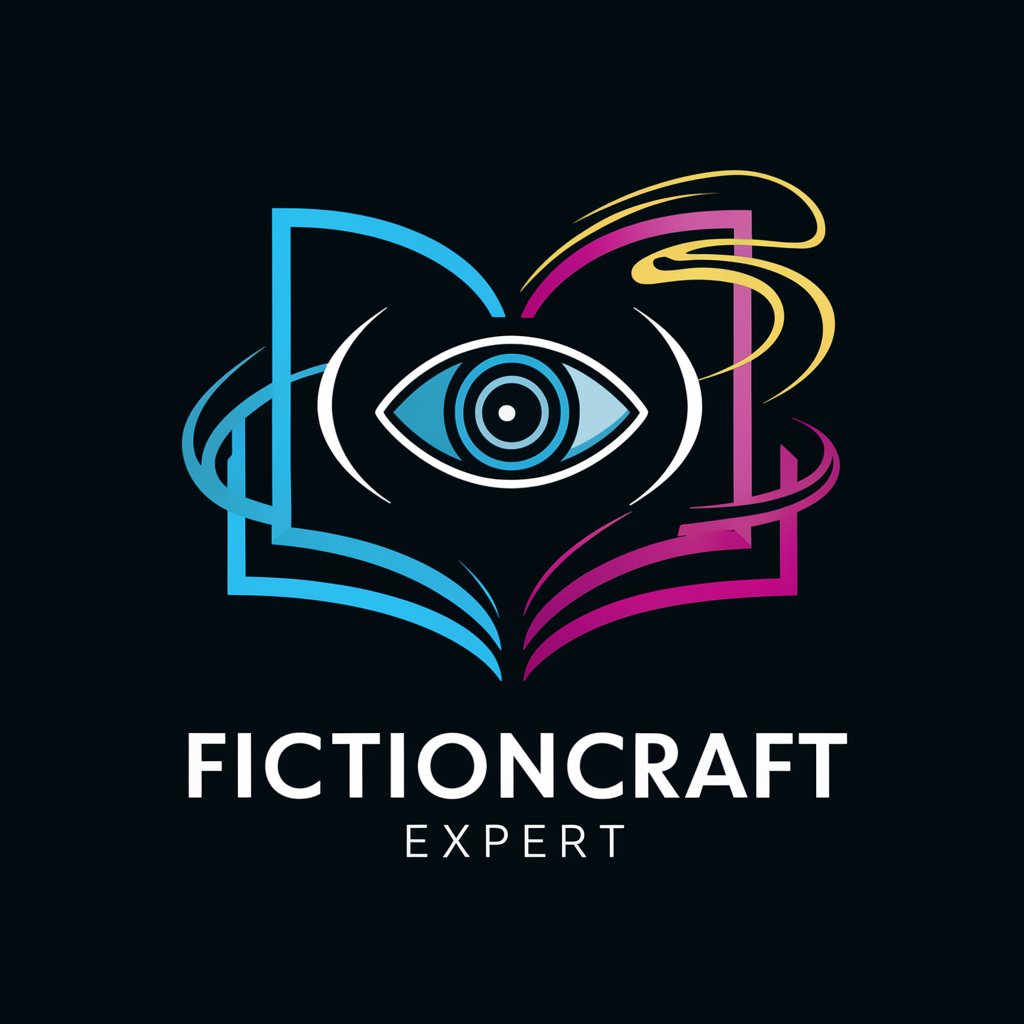
Wrong answers only
Turning Facts into Fun
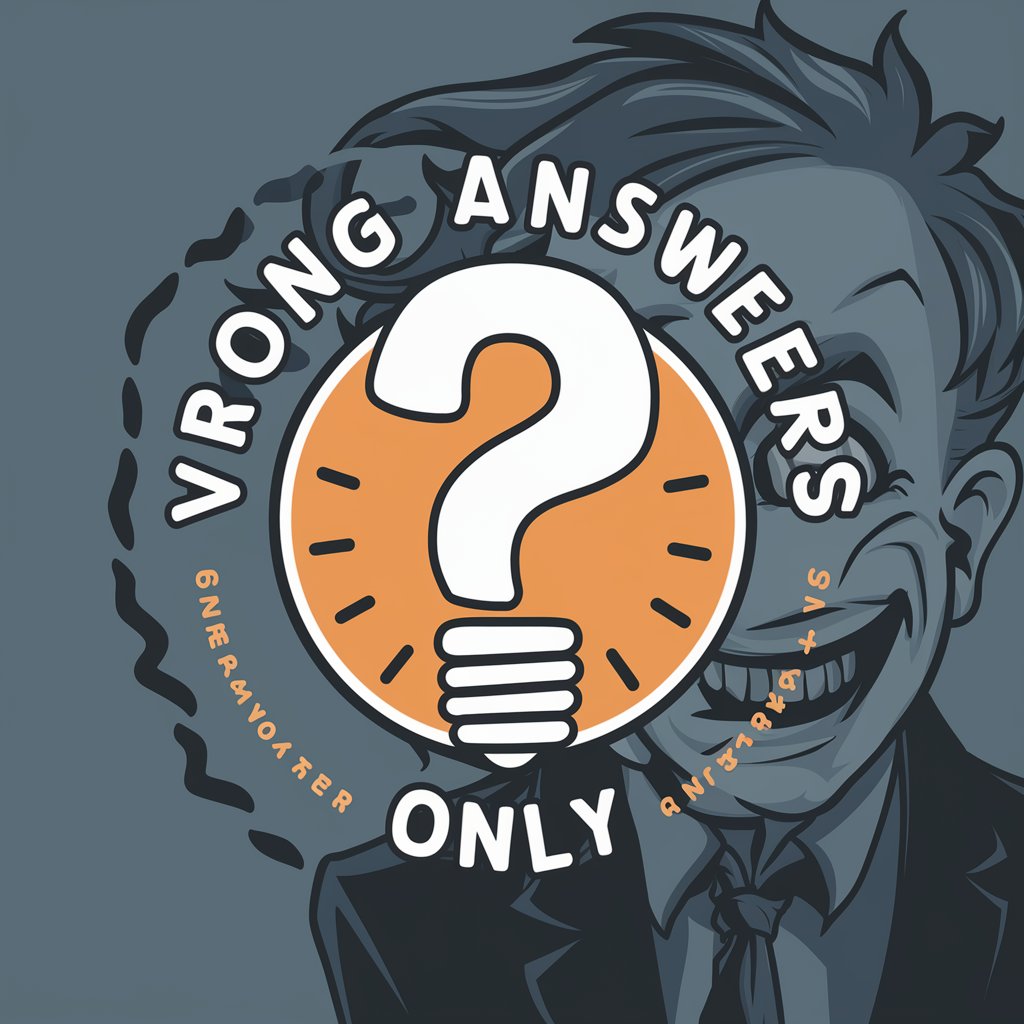
Wrong Answers Only
Empowering creativity with AI-driven misinformation.

Crew AI Master
Empowering your coding and writing with AI.
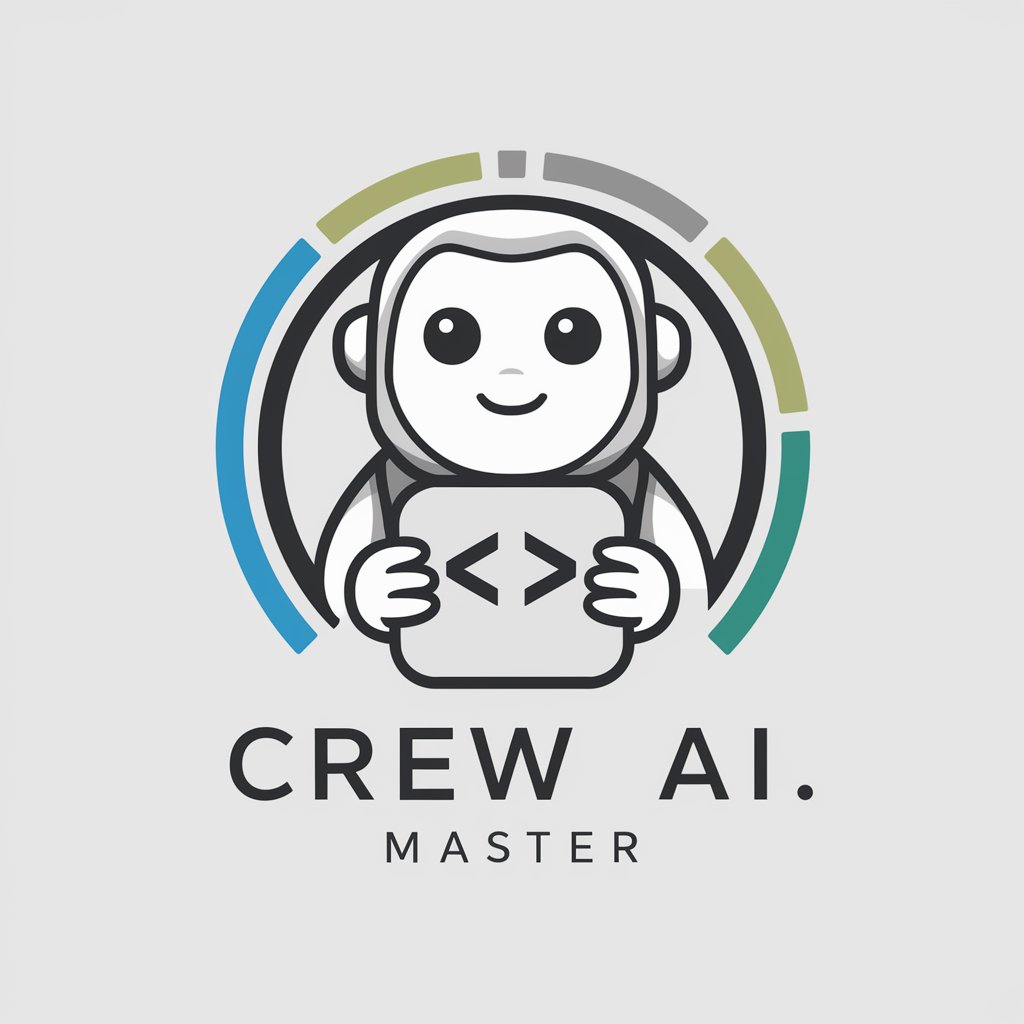
Things to Do- LA, New York, Rome, Dubai, Tokyo etc
Discover, plan, and enjoy AI-curated local adventures
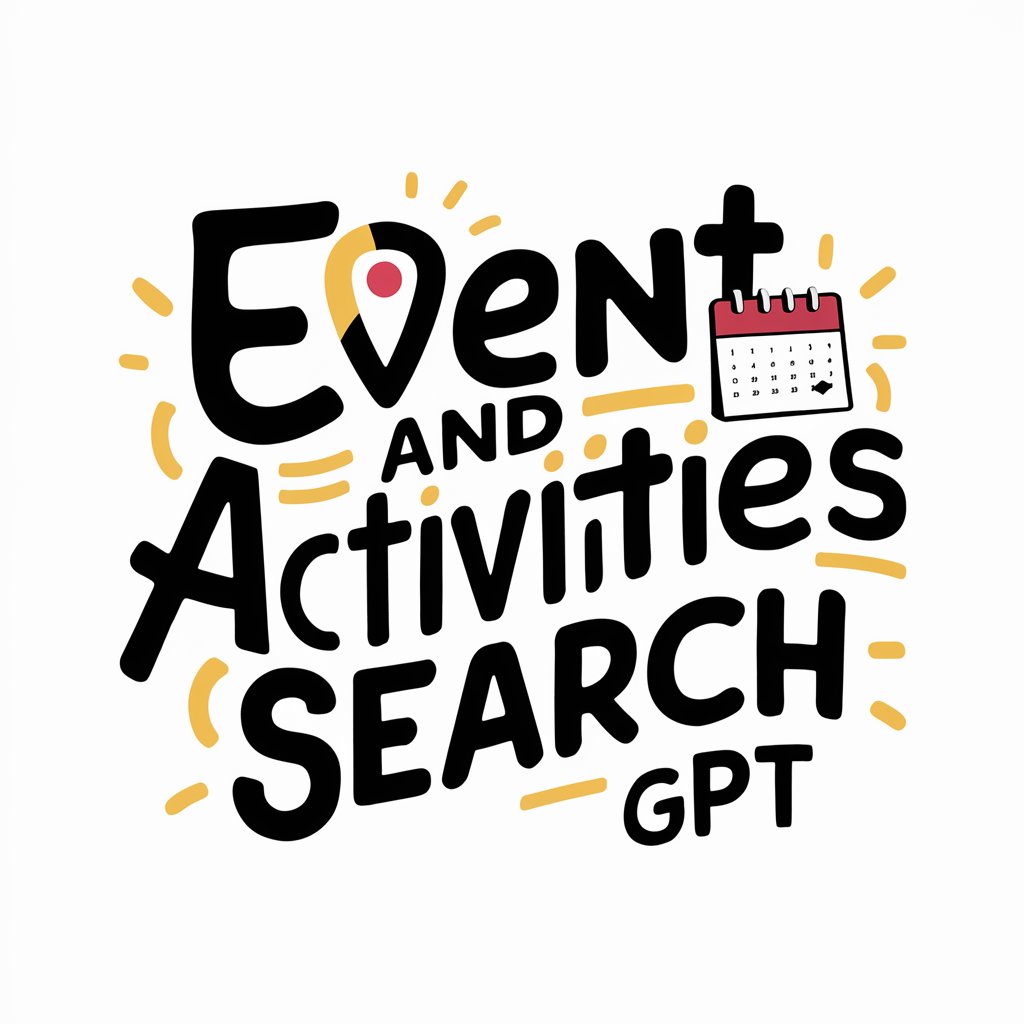
Move to Spain Visas, taxes, etc - www.Spainguru.es
Your AI-powered guide to Spanish living

Data Structurer - .pdf, .doc, etc to JSONL
Transforming documents into structured data with AI.
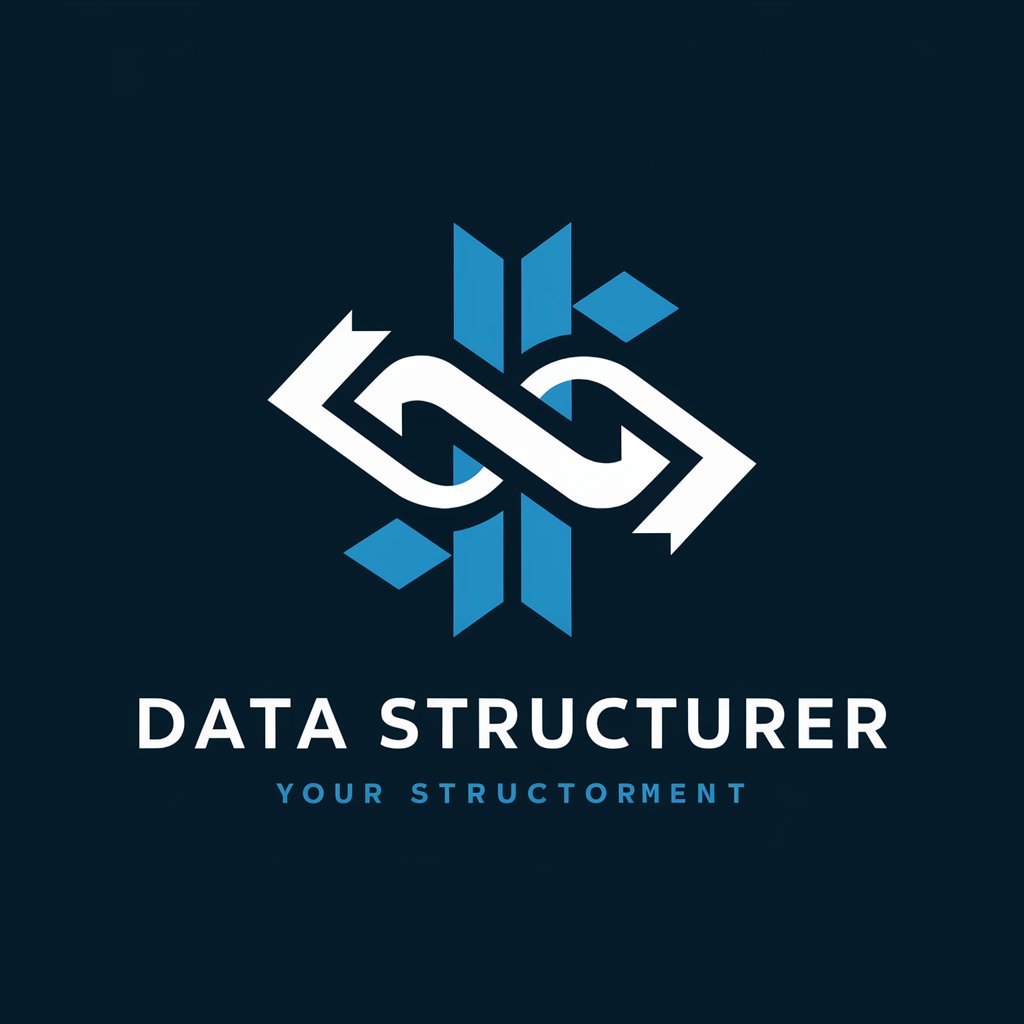
Frequently Asked Questions About Am I Wrong?
What types of judgments can Am I Wrong? provide?
Am I Wrong? can issue one of five judgments based on the situation described: 'You are wrong', 'You are NOT wrong', 'Everyone is wrong here', 'No one is wrong here', or 'More information required'.
Is Am I Wrong? suitable for legal or professional advice?
No, Am I Wrong? provides AI-generated opinions to help users reflect on interpersonal or ethical dilemmas. It is not a substitute for professional advice from a qualified expert.
How can I get the most accurate judgment from Am I Wrong?
For the best results, provide a detailed and balanced description of your situation, including all relevant facts and multiple perspectives when possible.
Can I use Am I Wrong? to resolve disputes?
While Am I Wrong? can offer perspectives on disputes, it's primarily a tool for reflection and should not replace mediation, legal counsel, or other dispute resolution methods.
What should I do if I receive 'More information required' as a judgment?
Provide additional details as requested by the tool. This often includes clarifying aspects of the situation or the motivations of the people involved to enable a more precise judgment.
